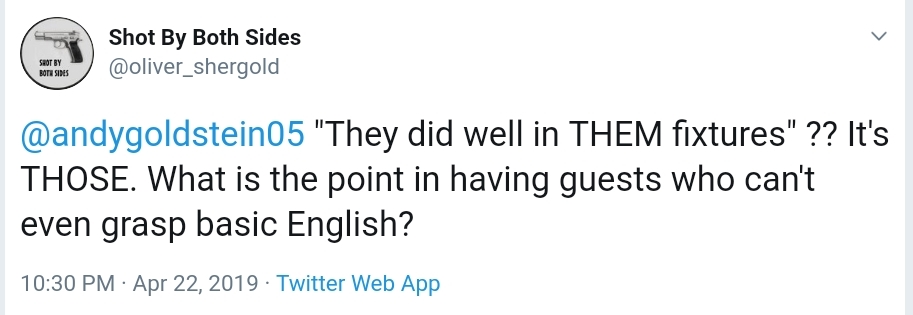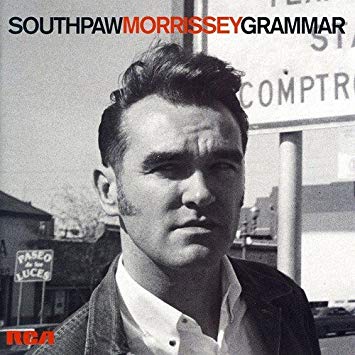I used to correct people all the time. I know I annoyed my wife to no end.
Then I listened to the
A Way With Words radio show / podcast for a while and I changed my views. The critical change was that there are:
Proscriptivists - People who believe that the purpose of dictionaries and language reference books is to tell people how to use the language correctly. If a word is commonly used to mean something other than what the dictionary says, then that usage is wrong and should be stamped out.
Descriptivists - People who believe that the purpose of dictionaries and language reference books is to document how the language is being used. If a word is commonly used to mean something other than what the dictionary says, then the dictionary must be updated.
In school, everyone has dealt with teachers who are proscriptivists. We leave school with the idea that there is one and only one proper way to speak and write the language. There are a few problems with the proscriptivist approach:
1) Either a rule evolved organically or someone in authority made the rule. If the rule evolved organically, why can't the language continue to evolve? If someone made the rule, what gave them the authority to make a rule about the language and enforce it on everyone else. The
Never-End-A-Sentence-With-A-Preposition rule is one such rule that someone made up and everyone followed for a while. The tide is turning against that rule now and it's more commonly cited as an example of a useless and capricious rule than it is cited as a rule that everyone should follow.
2) The language is constantly changing underneath our feet and that we adapt without even thinking about it. We naturally adopt slang like "cool" and "uber", retronyms like "brick and mortar" and neologisms like "to google". Did we get permission from the proscriptivists before doing so? Nope.
So, in informal contexts - regular conversations, texts, informal emails, twitter, blogs, etc. - I am a descriptivist. The only times I am a hard-core proscriptivist is in professional or technical writing. In that context, I will rail against bad English as much as you.


